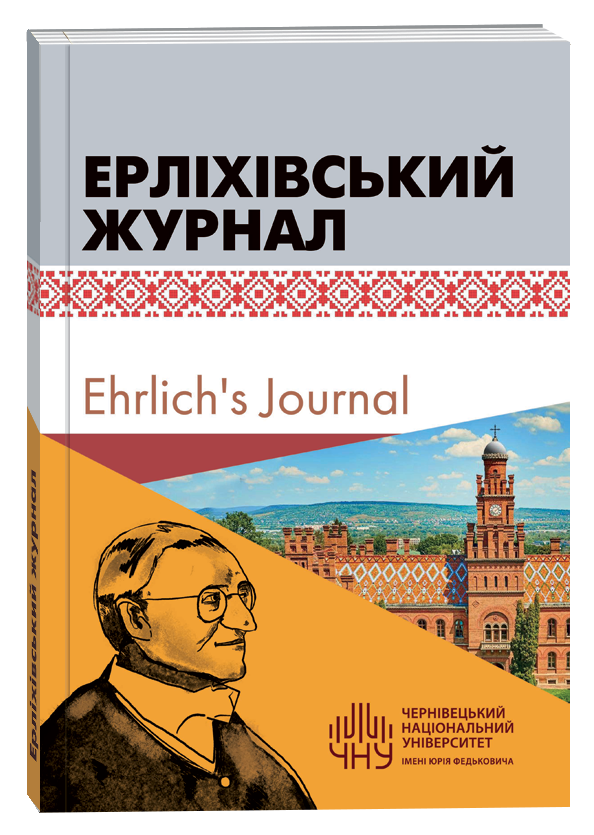EMERGENCY POWERS: THE PROBLEM OF CONSTITUTIONALIZATION
DOI:
https://doi.org/10.32782/ehrlichsjournal-2025-13.07Keywords:
legal regime; emergency powers; state of emergency; normalization of emergency powers; constitutionalismAbstract
The article examines the approaches to emergency powers available in modern constitutionalism and emphasizes that the constitutional science of emergency powers has traditionally focused on the problem of institutional sovereignty. In the author’s opinion, normative duality provides a conceptual tool for managing the distinction between law and politics in the constitutionalization of emergency powers. The subject that switches the regime of law to the regime of emergency powers is central to the constitutional discourse on emergency powers. The author analyzes the transformation of emergency powers from a temporary legal mechanism to a permanent component of the national security regime, paying attention to the normalization of emergency powers and the general securitization of the constitutional order. The researcher focuses on the political nature of emergency powers and the threat to the rule of law by their legalization. The legal status of emergency powers is detailed through the prism of Oren Gross and Fionnuala Ní Aolain’s typology of legal regulation of emergency powers. Analyzing the adaptation model, the “business-as-usual” and the supralegal model of emergency powers, the author notes that modern researchers agree on the actual distinction between the exception and the norm, but have different views on the normative nature of emergency powers. Emergency powers, according to the author of the study, are guided by the ethics of political responsibility, which acts as a separate normative order. The issue of defining the institutional subject of emergency powers, that is, who should distinguish a real state of emergency from a pretended one, is identified by the researcher as the main problem in the institutional design of emergency powers. It is concluded that the constitutionalization of emergency powers should be carried out with the joint participation of the executive branch, which introduces them, the legislative branch, which approves them, and the judiciary, which is responsible for assessing the validity of emergency powers in a specific situation.
References
Ackerman B. Before the next attack: preserving civil liberties in an age of terrorism. New Haven : Yale University Press, 2006. 227 р.
Griffin S. M. Long wars and the constitution. Cambridge : Harvard University Press, 2013. 376 р.
Rossiter C. Constitutional dictatorship: crisis government in the modern democracies. Princeton : Princeton University Press, 1948. 332 р.
Frankenberg G. Political technology and the erosion of the rule of law: normalizing the state of exception. Cheltenham : Edward Elgar, 2014. 320 р.
Ferejohn J., Pasquino P. The law of the exception: a typology of emergency powers. Oxford University Press and New York University School of Law. 2004. Volu. 2. Number 2. Р. 210–239.
Gross O., Ní Aoláin F. Law in times of crisis: emergency powers in theory and practice. Cambridge : Cambridge University Press, 2006. 556 р.
Schmitt C. Legality and legitimacy. Durham : Duke University Press, 2004. 216 р.
Vermeule A. Our Schmittian administrative law. Harvard Law Review. 2009. Vol. 122 (4). Р. 1095–1149.
Ignatieff M. The lesser evil: political ethics in an age of terror. Princeton : Princeton University Press, 2004. 232 р.
Schmitt C. Political theology: four chapters on the concept of sovereignty. Cambridge : MIT Press, 1988. 70 р.
Schmitt C. Dictatorship: from the origin of the modern concept of sovereignty to proletarian class struggle. Cambridge : Polity, 2014. 314 р.
Dyzenhaus D. The constitution of law: legality in a time of emergency. Cambridge : Cambridge University Press, 2006. 250 р.
Roy D. Taiwan: a political history. Ithaca : Cornell University Press, 2002. 256 р.








